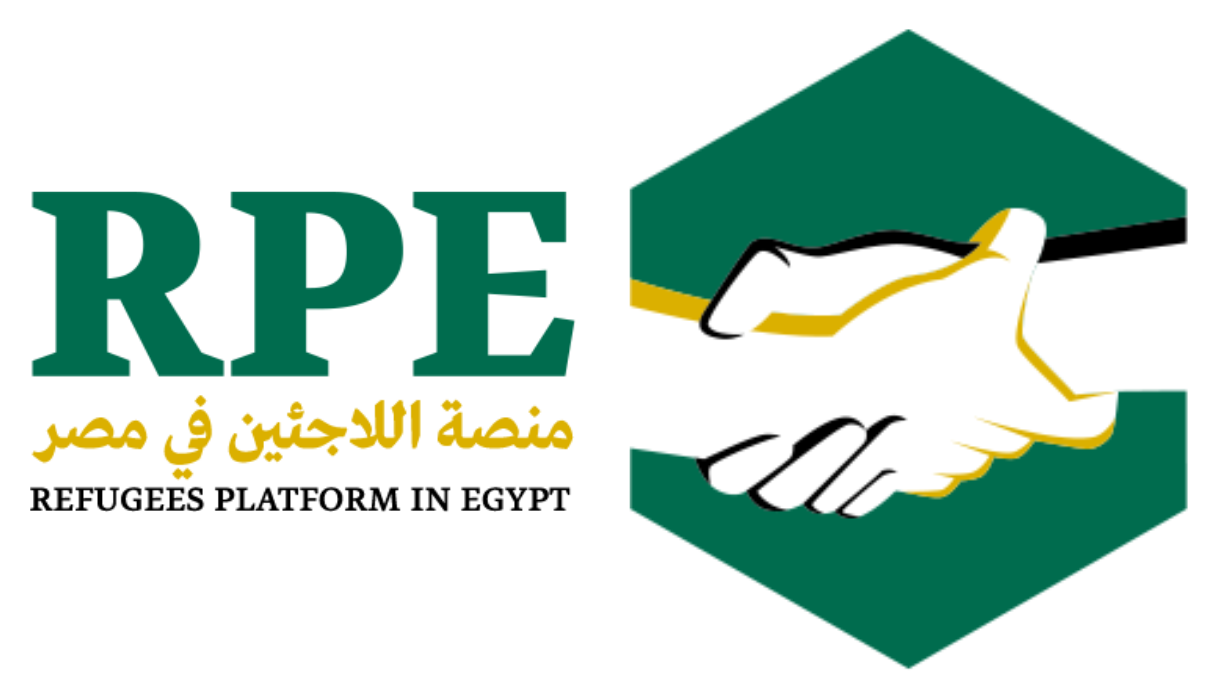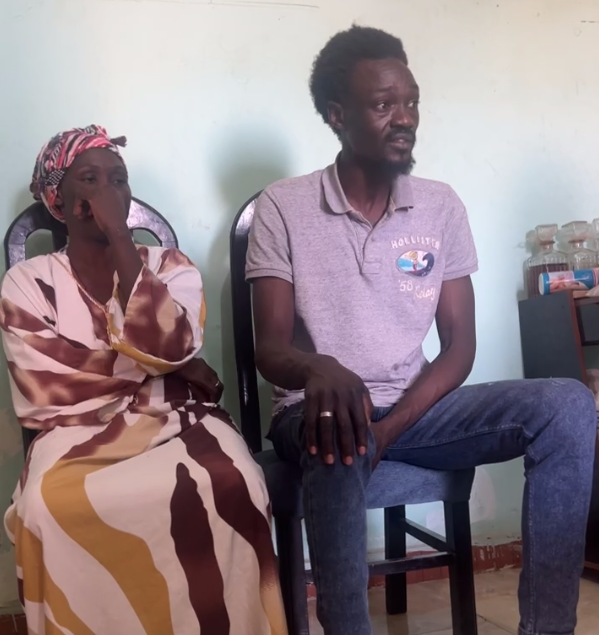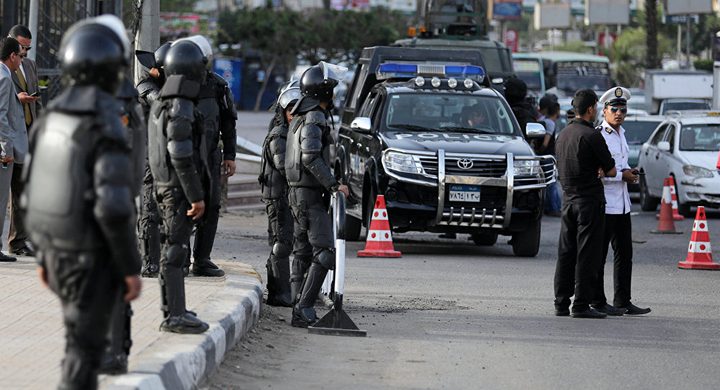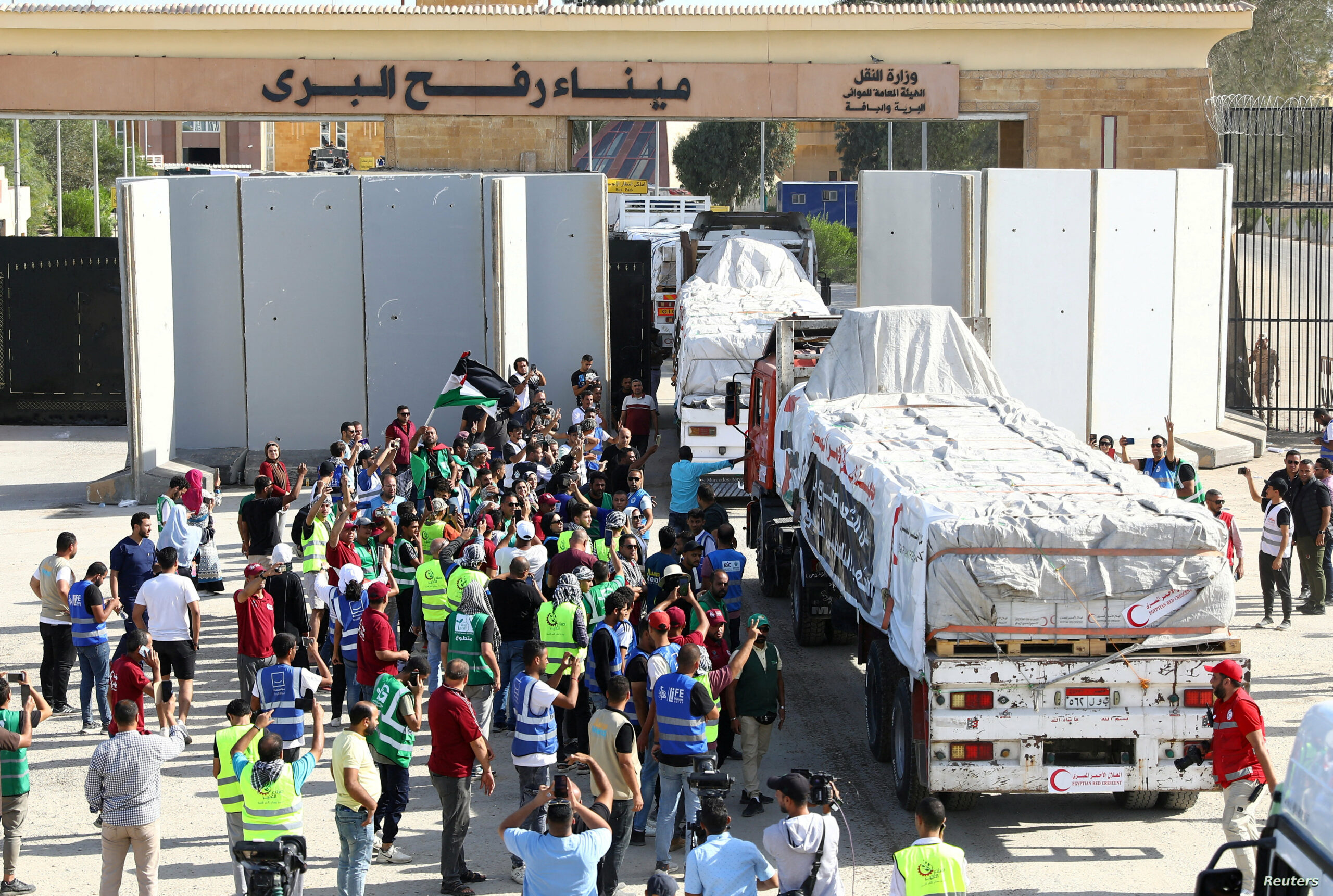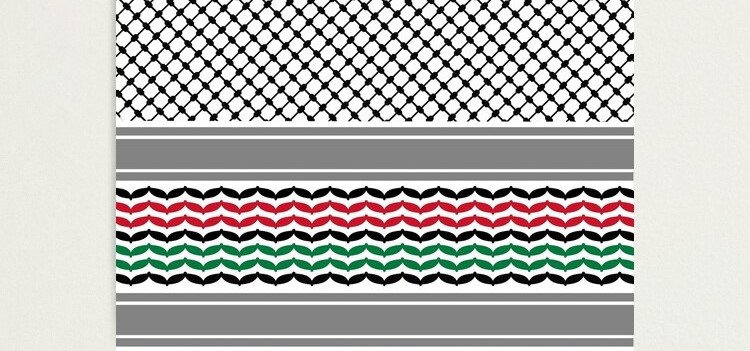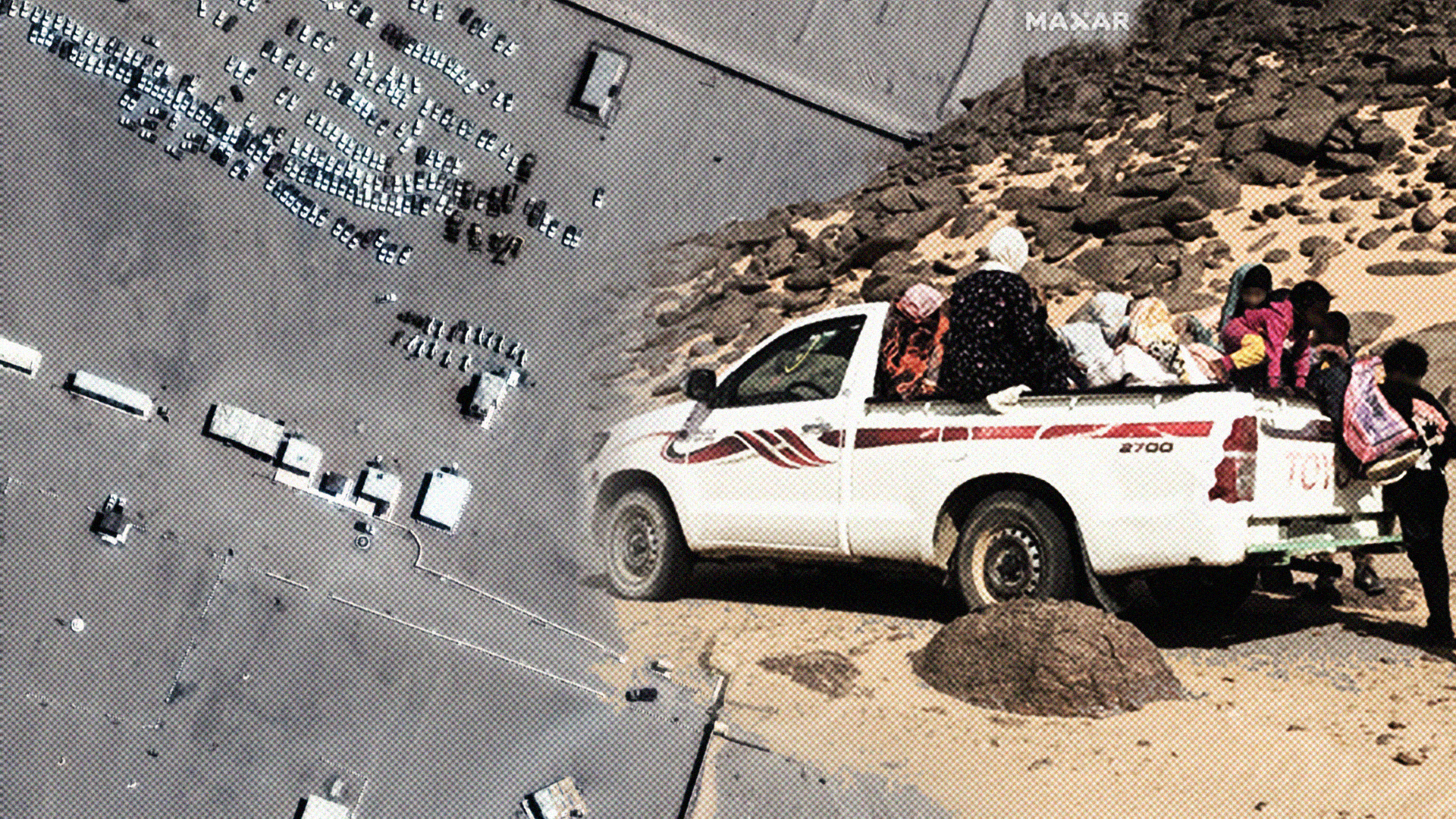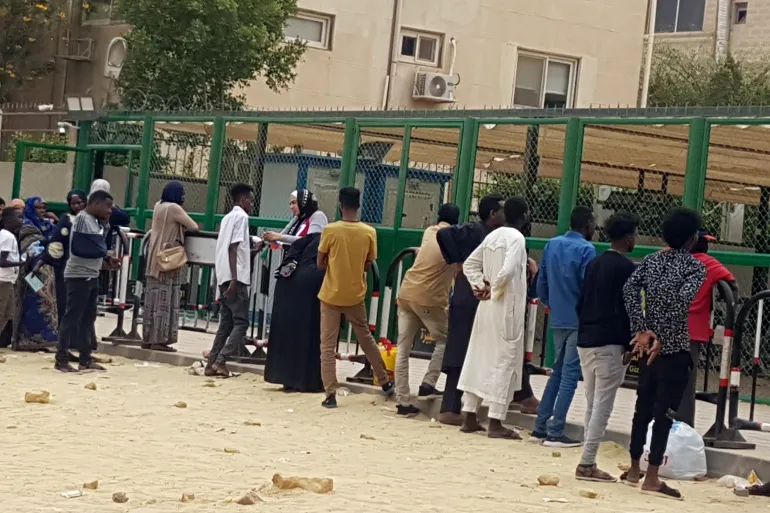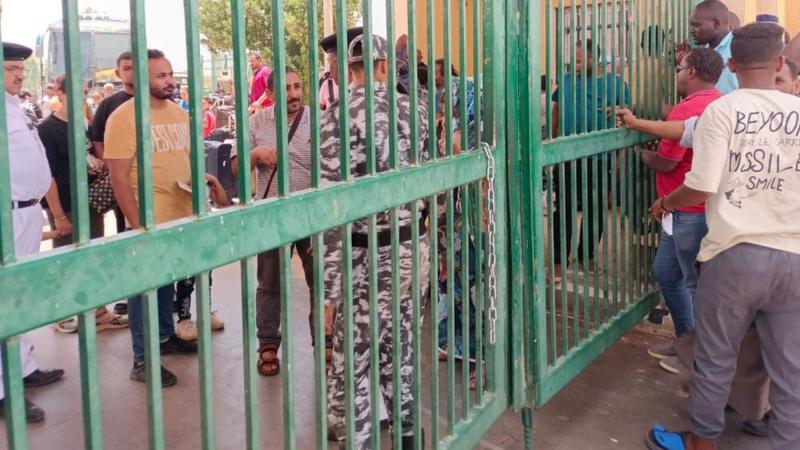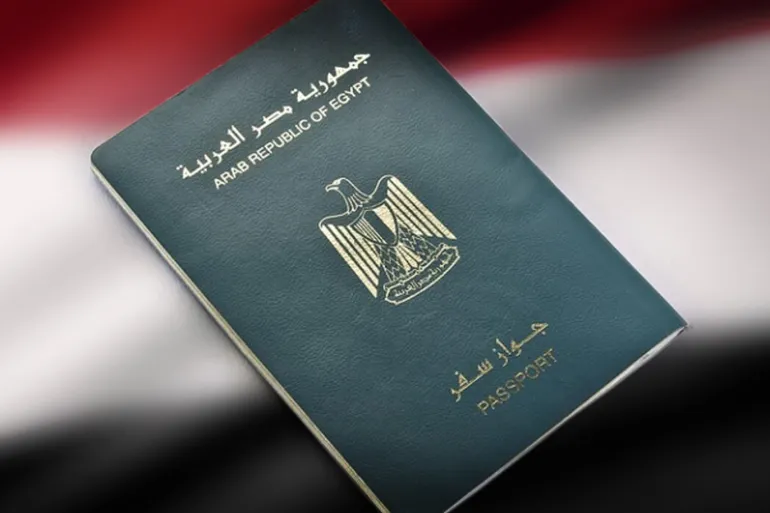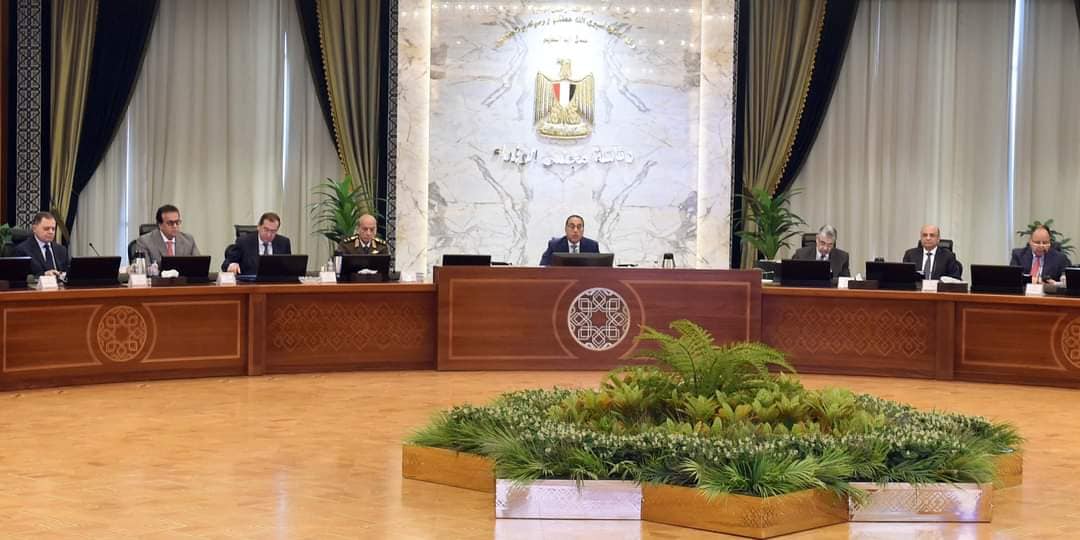On July 16, 2022, six human rights and support organisations for the rights of migrants and refugees (The Refugees Platform in Egypt (RPE), Eritrean Diaspora in East Africa (EDEA), Eritrean Coordination for Human Rights (ECHR), Red Sea Afar Human Rights Organization (RSAHRO), Africa Monitors and Tsilal Ade, Inc.) demanded in a joint statement published in Arabic, English and Tigrinya that the truth behind the disappearance of 32 Eritrean immigrants, including children, who left Sudan on their way to seek safe haven, should be revealed. They were cut off and mysteriously disappeared in southern Egypt in June 2016.
In 2016, a few days after their disappearance, according to the testimonies of five families of disappeared relatives who were on the trip in question, they learned informally from the smuggler with whom their children were travelling that they had died in gunfire exchange between smugglers and Patrols of the Egyptian border guards near the southern border. However, in August 2016, sources at the Eritrean embassy in Cairo, with whom members of the family of one of the disappeared spoke, told them that they are being held by the Egyptian authorities in one of the detention facilities near Abu Simbel in Aswan Governorate, but after a while, the same sources denied knowing any information about the disappeared.
Since then, the families of the missing have been anxious and panicking over the fate of their beloved ones. They have spared no effort over the past six years to find out where their loved ones are. Till the time of publishing this statement, no one knows the truth about what happened to the 32 people. The families of the disappeared exclude the possibility of them being forcibly deported to Asmara. According to their testimonies, in this case, the families will receive news from sources in Asmara, which did not happen.
Thousands flee Eritrea, a country suffering from a terrible human rights crisis, to escape poverty, forced military service, lack of freedom of opinion, arbitrary arrests, enforced disappearances, torture, extrajudicial executions and death. They flee death, even if it means walking towards it.
Throughout 2016, there have been increasing and numerous reports of Sudanese and Egyptian security forces intercepting, detaining and sometimes deporting Eritreans back to Eritrea. According to statements by the Egyptian army, border guards and coast guard patrols prevented 12,192 people from entering or leaving the country irregularly in 2016 and detaining them without explaining the circumstances and reasons for the detention, information about detainees, their nationalities, ages, races and actions that were taken against them.
Although the number of Eritreans among these is unknown, Egypt is a country of residence, transit and a hotspot for the irregular migration of Eritrean migrants and asylum seekers. According to the statistical report issued on May 31, 2022, by the United Nations High Commissioner for Refugees in Egypt, the number of registered Eritreans reached 22,130, making up the third largest group of refugees in Egypt.
Unfortunately, not all migrants and refugees leaving Eritrea arrive at their destination safely. In 2016 alone, according to the MMC data collection program, at least 2,500 migrant deaths were reported on land routes from the Horn of Africa towards the North African coast between the end of 2014 and 2016, probably lower than the reality. Mixed Migration Center data, in addition to anecdotal reports from migrants in Libya and Italy, also states that migrants from the Horn of Africa continue to be trafficked, tortured, held for ransom and sometimes disappear and are not heard from again on their way to the Mediterranean in Sudan and Egypt and Libya.
Although Law 82 of 2016 on combating irregular migration in Egypt, amended on April 13, 2022, by presidential decree decriminalised smuggled migrants, there are still other laws and decisions contrary to that. Presidential Decree 444 of 2014, amended in September 2021, defined the areas adjacent to the borders as military zones and causes irregular migrants and asylum seekers to be presented to military courts on charges of being in a military zone without a permit, arbitrarily detained for varying periods, and in some cases forcibly deported without being able to submit an asylum claim.
This conflicting and complex legal situation violates the rights of asylum-seekers and migrants without any kind of legal protection. Also, there is no legal provision that obliges the authorities to carry out rescue operations for migrants at their land and sea borders and criminalises their failure to do so.
In this particular case, it is worth noting that although the Code of Criminal Procedure stipulates that a person may not be detained for more than 24 hours without being brought before the competent investigative authorities, there is no legal text criminalising enforced disappearance and establishing a penalty for public officials who commit this crime. The situation is also made worse by the absence of Egyptian domestic legislation protecting the rights of migrants, refugees and asylum seekers.
This turbulent legal situation has very bad consequences for the rights of refugees and migrants in Egypt. On September 21, 2016, a boat carrying irregular migrants sank off the coast of the Egyptian city of Rashid. The Egyptian authorities did not carry out any rescue operations for the boat until after more than twelve hours had passed, which caused the death of more than 300 people of different nationalities, including many minor children. The Egyptian authorities did not run a transparent investigation into the incident, especially with regard to the failure to implement rescue operations.
On September 6, 2014, nearly 400 refugees and migrants, including 66 Egyptians, most of them children, and also from different nationalities (Syrians, Sudanese, Palestinians and others) disappeared during an irregular migration journey. The families of the disappeared have submitted official reports and evidence of the arrest of their relatives in Egyptian prisons, but also no investigation has been conducted into their disappearance so far.
In this regard, human rights organisations and Eritrean refugee associations have launched a humanitarian initiative by organising a solidarity campaign with the families of Eritreans missing since 2016 with the aim of highlighting their plight and giving the issue the necessary dimension and momentum in the hope of reaching as many people and entities as possible to intervene to reveal the fate of those disappeared.
In this context, the six signatories appeal to all human rights organisations and relevant State bodies, particularly the International Federation of Red Cross and Red Crescent Societies (IFRC), to take care of the cause, cooperate with the families of the disappeared and provide the necessary assistance in order to know the truth.
In the same context, the Refugees Platform in Egypt (RPE) calls on the Egyptian authorities to run an immediate, serious and independent investigation into this incident and other disappearances reported during irregular migrations and to announce the outcome of this investigation.
RPE also calls on the Egyptian authorities to take an initial step towards improving the conditions of the rights of refugees and migrants through local legislation that protects the rights of irregular migrants, refugees and asylum seekers in a framework that is consistent with Egypt’s international and regional obligations stipulated in the treaties it has signed and ratified. Articles should be added to the Criminal Code criminalising the arbitrary detention of asylum seekers and refugees and obligating the Egyptian authorities to use alternatives to detention, with the obligation to enable people to seek asylum procedures in all cases.
